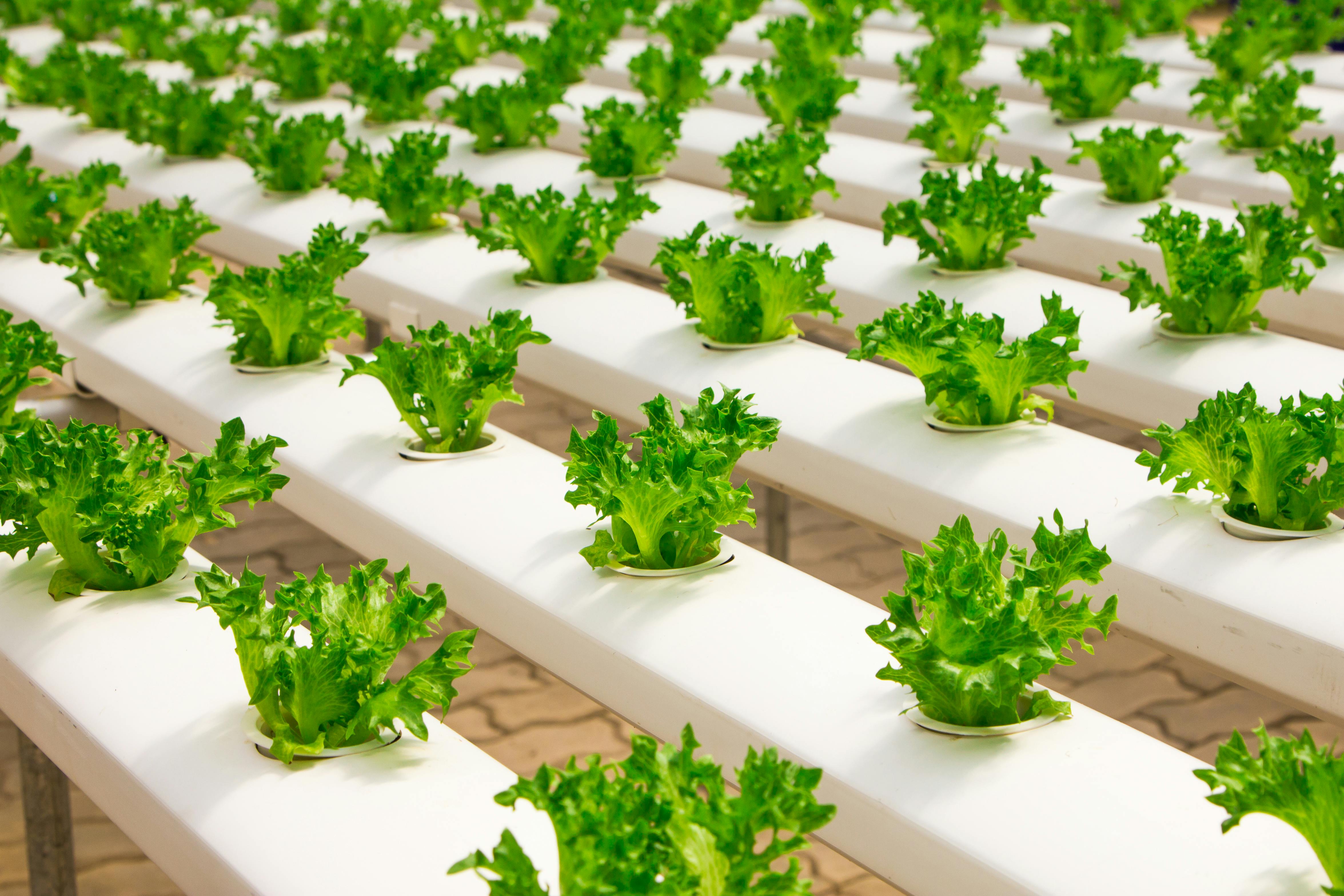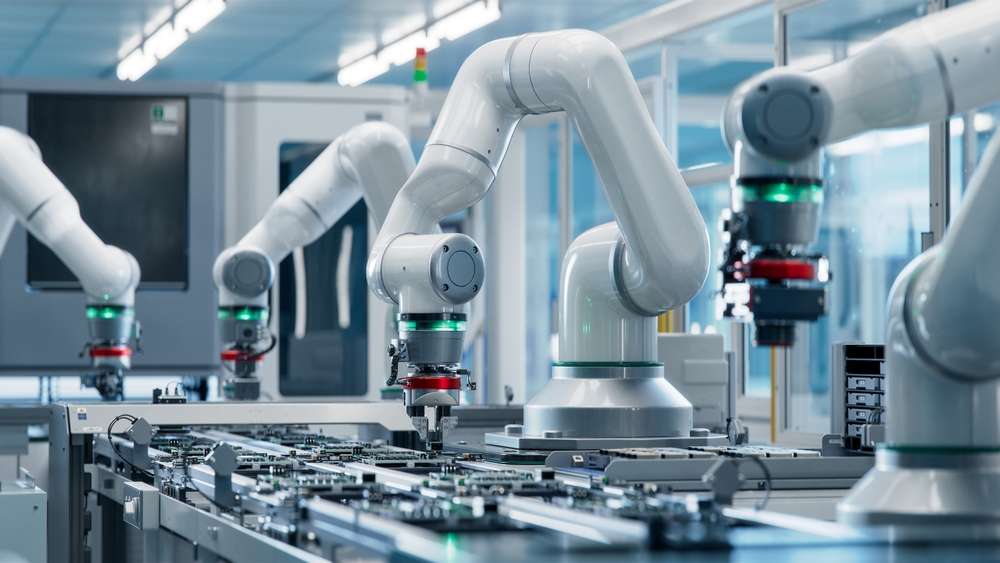Uncharted Territories: Emerging Careers in Space Agriculture
Space agriculture: the final frontier of food production. As humanity sets its sights on long-term space exploration and potential colonization, the need for sustainable food sources beyond Earth's atmosphere has given rise to an entirely new career field. This article delves into the burgeoning world of space agriculture, exploring its potential, challenges, and the diverse career opportunities it presents for forward-thinking individuals.

In the 1960s, Soviet cosmonauts aboard the Salyut space stations conducted the first successful experiments in growing plants in space. These initial forays paved the way for more extensive research on the International Space Station (ISS), where astronauts have successfully grown and harvested various crops, including lettuce, radishes, and even flowers. These experiments have provided valuable insights into the challenges and possibilities of cultivating plants in the harsh conditions of space.
The Cosmic Greenhouse: Current Developments
Today, space agriculture has evolved far beyond these early experiments. NASA’s Advanced Plant Habitat on the ISS is pushing the boundaries of what’s possible in space-based plant cultivation. This fully automated, closed-loop system allows for precise control over environmental variables, enabling researchers to study plant growth in microgravity with unprecedented accuracy.
Private companies are also entering the fray. SpaceX and Blue Origin are not just focusing on rocket technology; they’re investing in research and development for sustainable food production systems that could support future Mars missions and beyond. These advancements are creating a surge in demand for specialists who can navigate the unique challenges of cultivating crops in extraterrestrial environments.
Cultivating Careers: Job Opportunities in Space Agriculture
The field of space agriculture offers a diverse array of career paths for those with the right skills and vision. Here are some of the emerging roles in this exciting sector:
-
Space Agronomists: These specialists focus on developing crop cultivation techniques specifically tailored for space environments. They work on optimizing plant growth in artificial gravity, limited sunlight, and recycled water systems.
-
Astrobotanists: Combining expertise in botany and space science, astrobotanists study how plants adapt and evolve in extraterrestrial conditions. They play a crucial role in selecting and engineering plant species suitable for space cultivation.
-
Closed-Loop System Engineers: These professionals design and maintain the complex life support systems necessary for space agriculture. Their work involves creating efficient water recycling, atmospheric regulation, and waste management solutions.
-
Space Nutrition Specialists: As we look towards long-term space missions, ensuring proper nutrition for astronauts becomes critical. These experts develop balanced diets using space-grown produce and work on enhancing the nutritional value of crops cultivated in extraterrestrial conditions.
-
Extraterrestrial Soil Scientists: Understanding and optimizing soil substitutes for space agriculture is crucial. These scientists study regolith (the loose material covering solid rock on celestial bodies) and develop methods to make it suitable for plant growth.
Challenges and Innovations
Space agriculture presents unique challenges that require innovative solutions. One of the primary obstacles is the limited availability of resources such as water, nutrients, and energy. This scarcity has led to the development of highly efficient hydroponic and aeroponic systems that use minimal water and deliver nutrients directly to plant roots.
Radiation exposure is another significant concern. Plants grown in space are subjected to higher levels of cosmic radiation, which can affect their growth and genetic stability. Researchers are exploring radiation-resistant plant varieties and developing shielding technologies to protect crops.
The lack of natural sunlight in deep space missions poses another challenge. Scientists are working on advanced LED lighting systems that can mimic the full spectrum of sunlight, ensuring optimal plant growth even in the darkest corners of space.
Preparing for a Career in Space Agriculture
For those aspiring to enter this field, a strong foundation in plant sciences, engineering, or space-related disciplines is essential. Many universities are now offering specialized courses and programs in astrobiology and space agriculture. Additionally, gaining experience in related fields such as vertical farming, hydroponics, or environmental control systems can provide valuable skills transferable to space agriculture.
Internships with space agencies or private space companies can offer hands-on experience and networking opportunities. Participating in space agriculture research projects or competitions, such as NASA’s Deep Space Food Challenge, can also help aspiring professionals gain recognition in the field.
The Future of Food Beyond Earth
As we stand on the brink of a new era in space exploration, the importance of space agriculture cannot be overstated. It’s not just about feeding astronauts on long-duration missions; it’s about laying the groundwork for sustainable human presence beyond Earth. The careers emerging in this field today will play a crucial role in shaping the future of human space exploration and potential colonization of other planets.
From developing resilient crops that can thrive in Martian soil to creating self-sustaining biospheres on the Moon, the possibilities are as vast as space itself. For those with a passion for science, innovation, and the desire to make a lasting impact on humanity’s cosmic journey, a career in space agriculture offers an unparalleled opportunity to be at the forefront of one of the most exciting and consequential fields of the 21st century.





